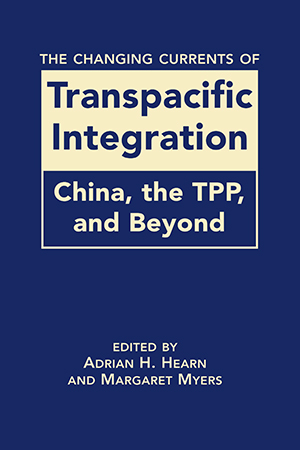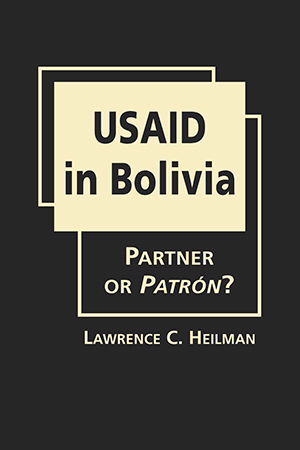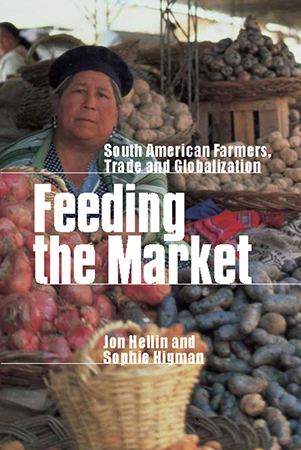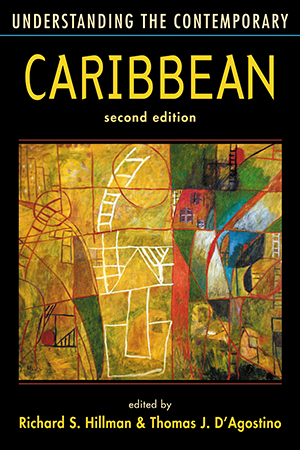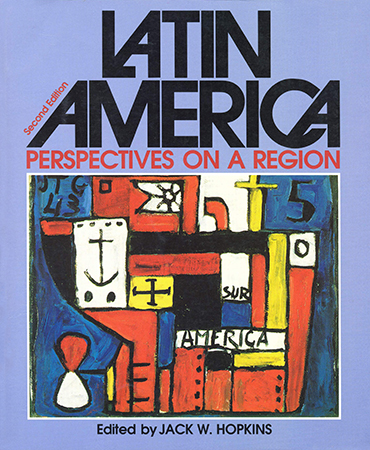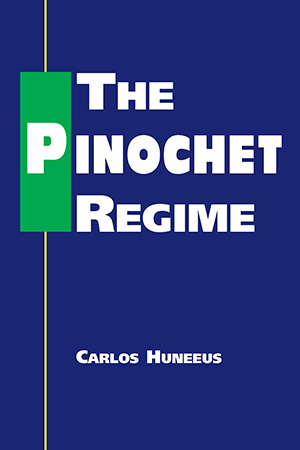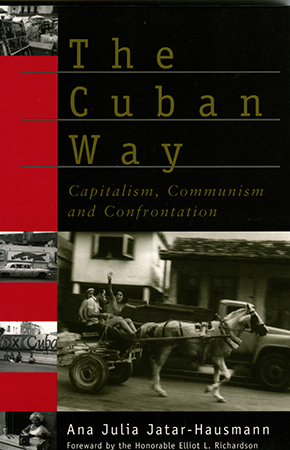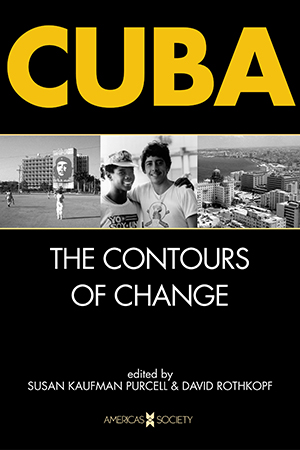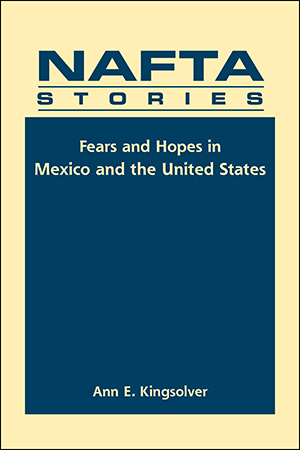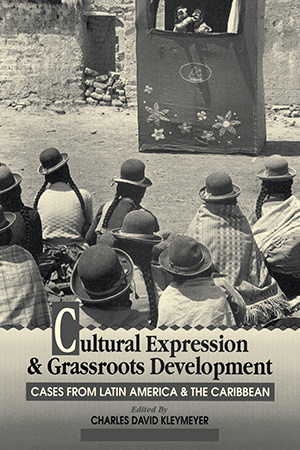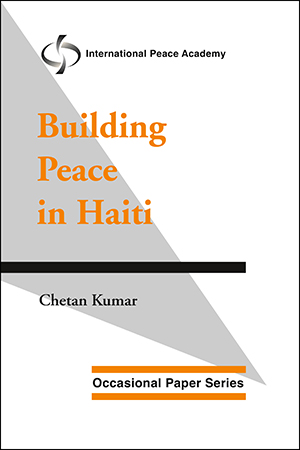Latin America and the Caribbean
This comprehensive assessment of transpacific economic integration explores the many ways that new approaches to multilateral cooperation, and notably the Trans-Pacific Partnership (TPP), More >
After Bolivia had received more than $4.7 billion from the US government to support 70 years of development efforts, why would Evo Morales abruptly expel USAID from the country in May 2013? More >
Based on extensive fieldwork from the sweeping grasslands of Patagonia to the coffee farms of Ecuador, the authors illustrate the practical obstacles that farmers face in accessing markets, More >
Although the 1995 Cenepa war between Ecuador and Peru was the first military conflict in South America in more than five decades, the Ecuador-Peru relationship might be characterized as one More >
Drawing on the experience of Projecto Seringueiro (Project Rubber Tapper), Denis Heyck reveals how a radical education experiment designed simply to bring literacy to rubber tappers in More >
Carefully designed to enhance readers’ comprehension of the diversity and complexities of the region, Understanding the Contemporary Caribbean ranges in coverage from history to More >
Winner of the British Society of Criminology's Best Book Award! How Latin American governments will respond to popular outcry against unprecedented levels of both corruption and crime More >
In the years since its original publication, Latin America: Perspectives on a Region has gained recognition as a well-written, comprehensive introductory text with an interdisciplinary More >
This seminal book was inspired by a series of questions: What explains the endurance of Augusto Pinochet's authoritarian regime in Chile, a country with a lengthy democratic tradition? More >
This landmark study traces economic development, social dynamics, and political processes in Cuba from the end of Spanish colonial rule to the triumph of the 1959 revolution. Ibarra More >
Combining historical narrative, statistics, and stories of survival behaviors in everyday life, Ana Jatar-Hausmann offers an analysis of economic policies and trends in socialist Cuba at the More >
Though few observers dispute that change is coming to Cuba, there is a notable lack of consensus regarding the pace and direction of that change. The authors of this collection offer a range More >
Ann Kingsolver presents stories people have told about NAFTA—young people and old, urban and rural, with differing political perspectives, occupations, and other markers of More >
Arguing that a people's own cultural heritage is the foundation on which equitable and sustainable development can best be built, this book presents an innovative, culture-based approach More >
Though its national life often has been characterized by violence, Haiti has not been victim of a full-fledged internal conflict, or civil war. Why, then, is the international community More >



